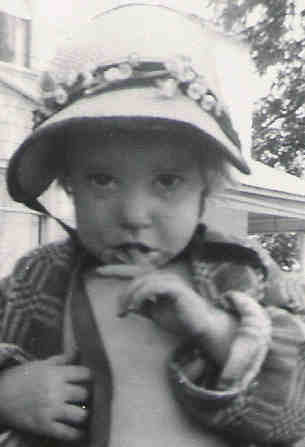Habitat

Yesterday I had the great privilege of meeting, hearing, and lunching with Ohio author and naturalist Perry Peskin. He's spent a lifetime exploring for rare and endangered plants. His book, The Search for Lost Habitats, details those explorations in delicious prose and stunning photographs. He's as delightful in person as he is in his writings. He told of his first visit to our Claridon Railroad Prairie, where he first saw white false indigo.
Last evening after supper Saint H made more nest boxes for our growing tree swallow and bluebird population. The two he built and erected on Sunday are already occupied; time for another trip into town for more mounting posts. We have plenty of suitable sites - the land was originally prairie and parts are undeniably wet. The farm has been out of row crop production for seven years now, and we've put in pasture and a small pond on about 12 acres. We mow a patch of "real" grass around the house with an electric mower, and plan to convert the rest of the "lawn" to more pasture; the remaining acreage will probably go into wet-tolerant pasture and prairie.
Frogs and toads are multiplying in the pond. We have a bee tree, and may put out hives as the plants diversify. The bluebirds and swallows use the house and fencing as hunting perches. Maybe they don't mind that we're here; maybe they don't notice us much. I feel that we've landed in our own little ecosystem and we should do our best to fit into it with little disruption. We haven't the time, money or inclination to try to force it to produce cash crops; better to adapt our expectations to what it will support. Our reward will be food for our animals, with the bonus of living with nature literally at our doorstep.
What we don't want are invasive species; English sparrows are showing up now because we've made this a good environment for them, too. Garlic mustard is spreading in the woods. Saint H routinely empties the sparrows' nests and tries to trap them out of the nest boxes, and we will have to start ripping out the garlic mustard stands as best we can. Oh, we'll never be rid of either pest, but we can try to keep them at bay while nurturing other species that we do want.
Perhaps my body is a habitat too - and renal cell is the English sparrow or the garlic mustard. I know I'll never be rid of it, but there's no reason to let it take over without a fight.
Labels: nature


0 Comments:
Post a Comment
<< Home